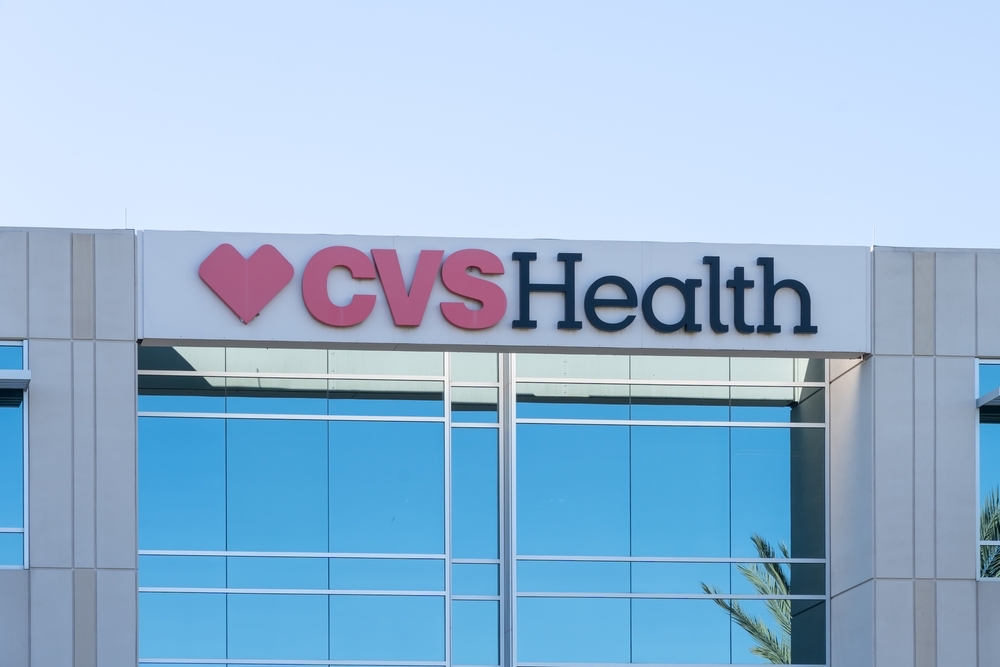CVS to Lay Off 5,000 Staffers as it Pushes Further Into Healthcare

CVS Health’s CEO said the layoffs would help the company to “be at the forefront of a once-in-a-generation transformation in healthcare“
CVS Health has announced layoffs to 5,000 positions as part of a cost-reduction plan as it pushes further into the healthcare industry. News of the cuts and earnings have led shares of CVS Health to rise 4% as of Wednesday afternoon.
The Wall Street Journal first reported the layoffs a day ahead of CVS’ Q2 earnings. The publication, which obtained an internal staff memo sent to employees by CVS Health CEO Karen S. Lynch, revealed that the staff reductions would help the company to “be at the forefront of a once-in-a-generation transformation in healthcare.”
The company says the cuts likely won’t affect customer-facing roles in stores and clinics, but corporate positions. CVS also announced it would reduce expenses by axing business initiatives that aren’t serving its end goal and will minimize its use of vendors and consultants.
CVS Health reported total revenue of $88.9 billion in Q2, a 10.3% increase compared to the same period last year.
The Rhode Island-based company, which completed its acquisition of Oak Street Health in May for $10.6 billion, outlined its vision in the recent earnings call, set on becoming the leading health solutions company for consumers and providing broader access to high-quality care. Oak Street Health, a medical clinic network, ended the quarter with 177 centers, with an expected 50-60 Oak Street clinics to be built next year.
Earlier this year, CVS Health completed a deal to acquire Signify Health, a home health provider, for $8 billion. Signify Health completed 673,000 in-home evaluations in the quarter.
Retail Companies Set Their Sights on Healthcare
Retail-focused pharmacies have begun reimagining consumer-focused healthcare, likely due in part to the relationship consumers developed with local pharmacies during the pandemic, seeking vaccinations and COVID testing while also picking up a prescription in a one-stop shop model.
Younger consumers in particular are not only open to a shift towards retail pharmacies for primary care but have come to expect it in the near future. According to a 2022 survey, Pharmacy Next: Health Consumer Medication Trends, 70% of millennials anticipate transitioning to new care settings, and 61% of consumers can see primary care services available at pharmacies, retail clinics or pharmacy clinics rather than visiting their doctor.
GNC recently introduced a free supplemental health care service available exclusively to GNC Pro Access members. The $39.99-a-year service offers free telehealth appointments and over 100 free prescriptions without co-payments. GNC said the program’s rollout was based on consumer feedback.
Albertsons, another food and drug retailer, introduced a digital platform to reward consumers and encourage them to make healthy choices.
Walgreens has also made sizable shifts in its company to prepare to compete with the likes of Amazon, CVS and others. The company recently announced that its CFO, James Kehoe, would exit as Walgreens searches for a replacement with not only “financial acumen,” but healthcare experience.
The company made a $5.2 billion investment in VillageMD, which will see clinics attached to its drugstores, coordinating primary care with its pharmacy services. Walgreens expects over 600 VillageMD practices by 2025.
Amazon, meanwhile, acquired One Medical this year in a $3.9 billion deal to provide 24/7 digital health and virtual care services for $199 a year.



